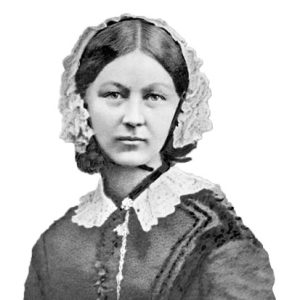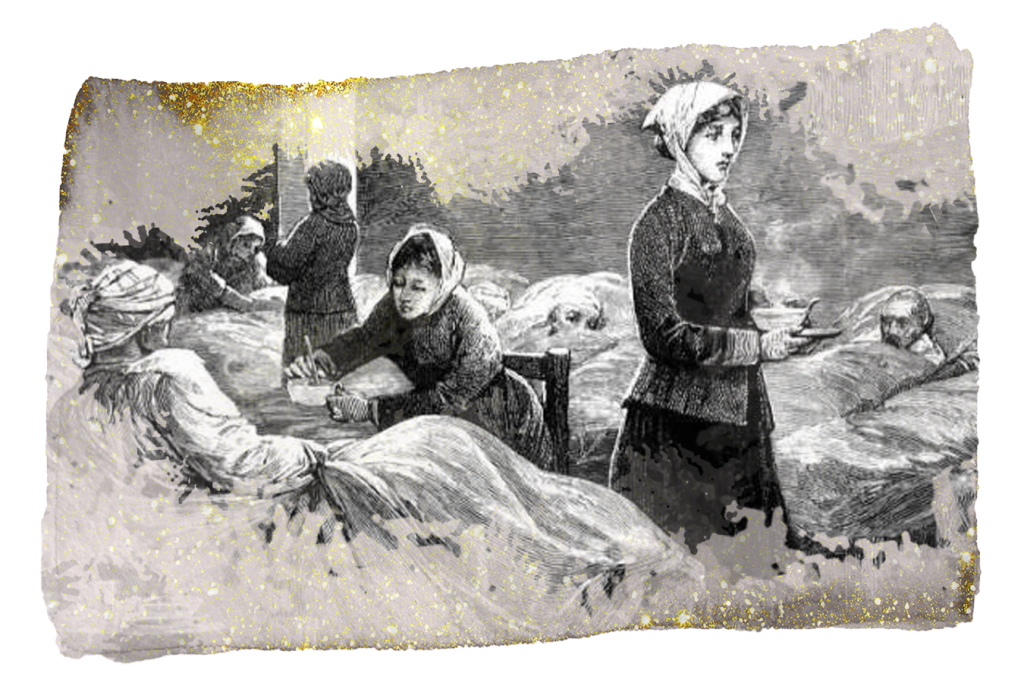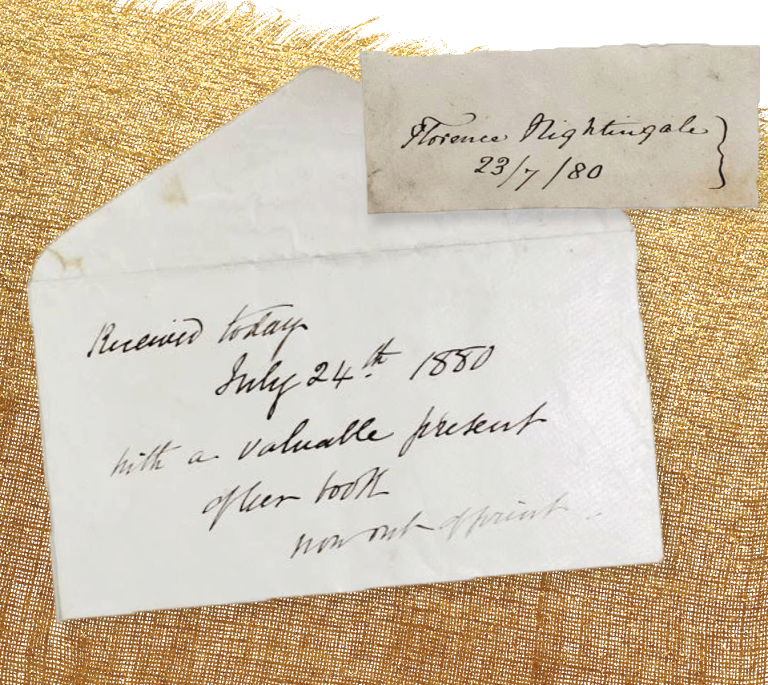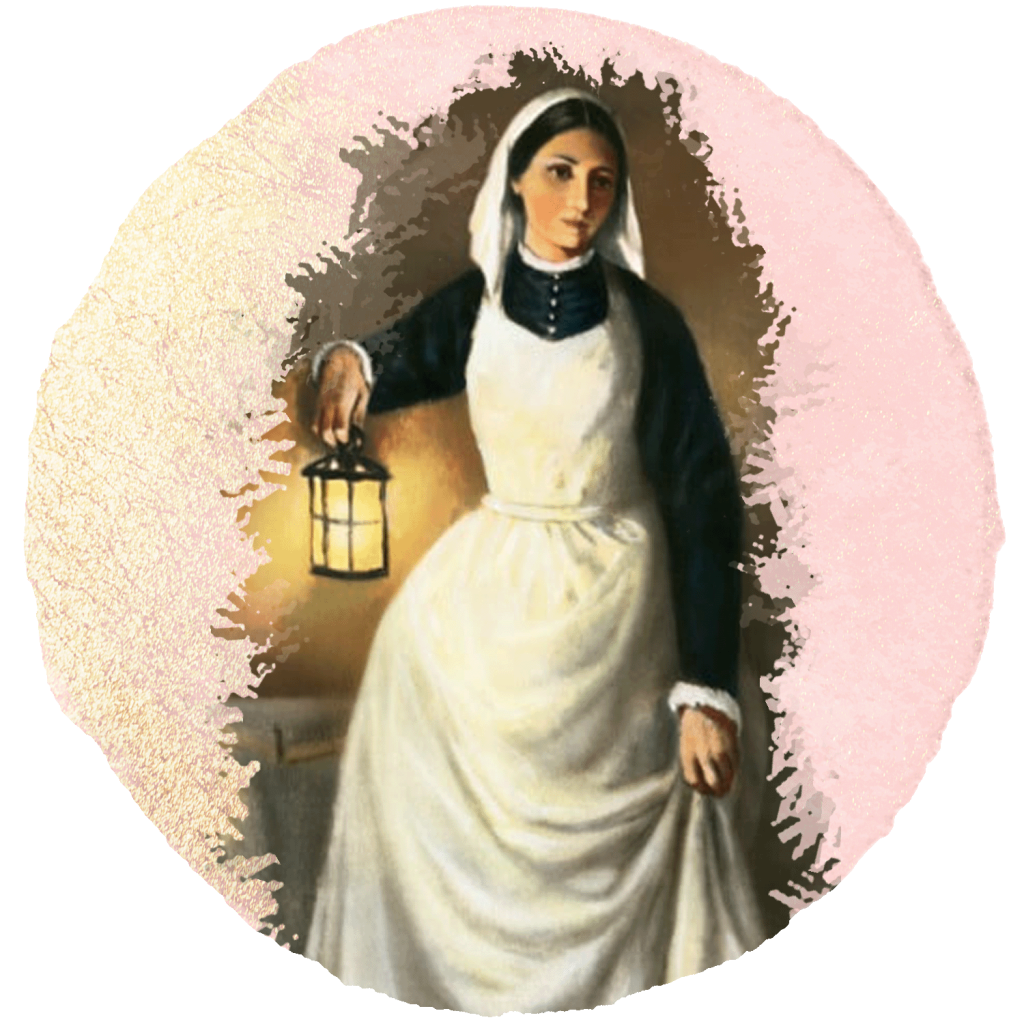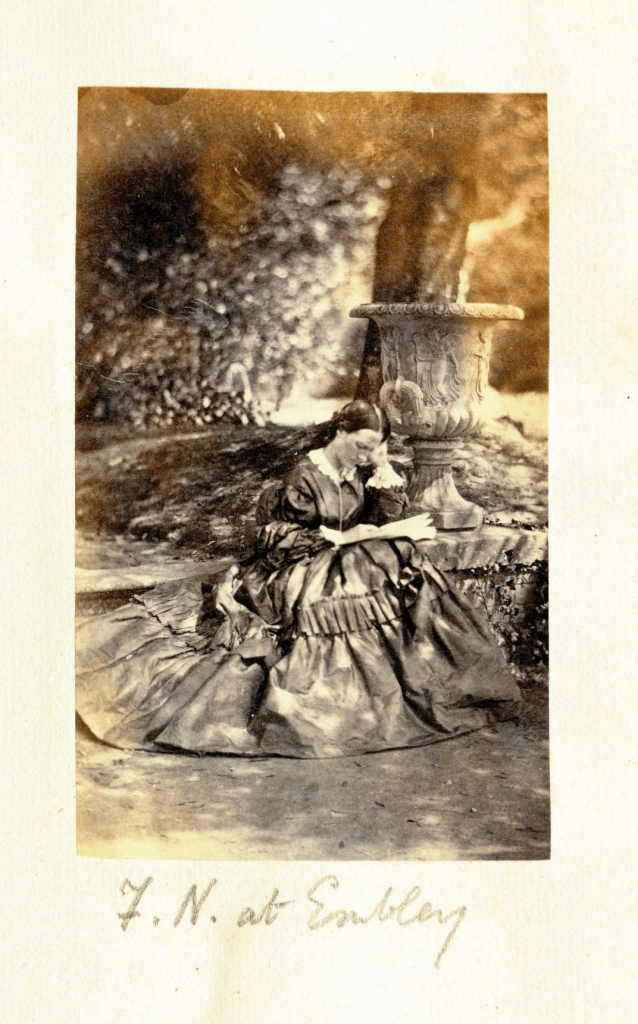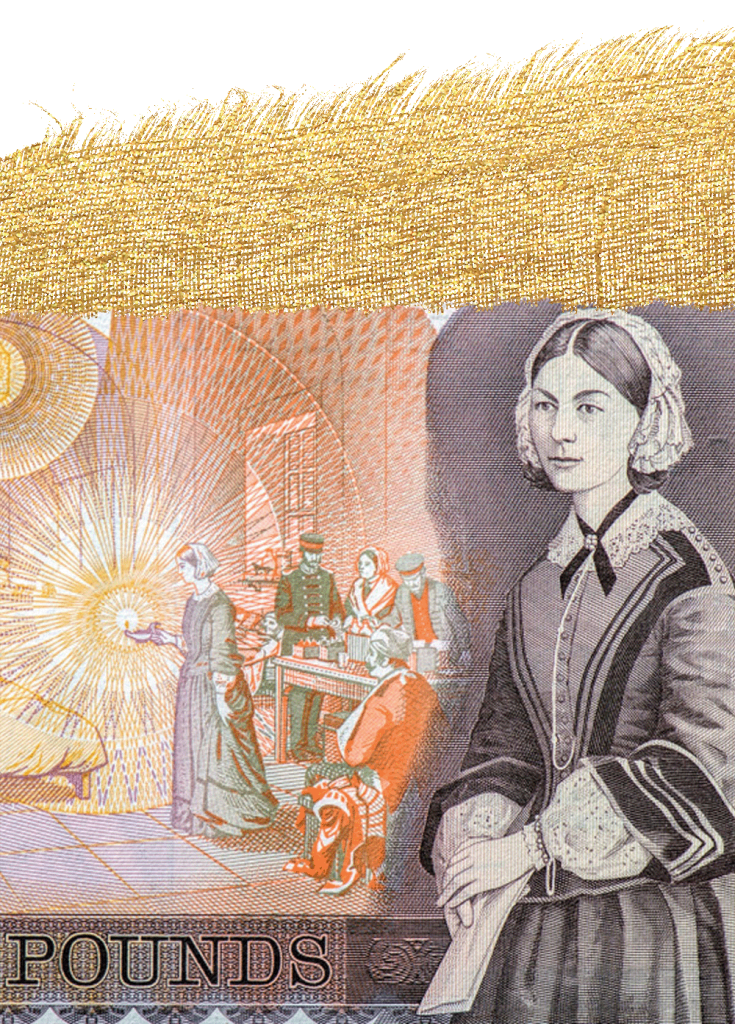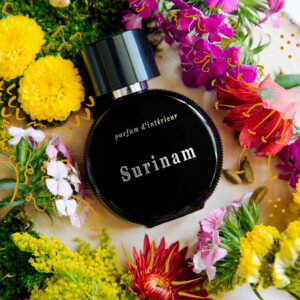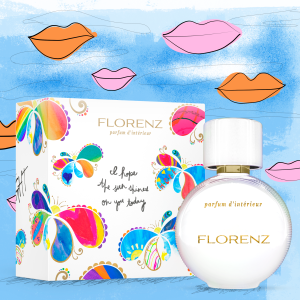 0
0
- Camille Kostek
- Olivia Arben
- Jessie James Decker
- Lexi Cabrera “Alexa Bliss”
- Crystal Harris (Hefner)
- Jennie Garth
- Kaitlynn Carter
- Gloria Gaynor
- Nutsa Buzaladze
- Mena Suvari
- Turnpike Troubadours
- Linda Thompson
- Mandy Harvey
- Wendy Starland
- Ashley Campbell
- St. Jude Children’s Research Hospital
- MusiCares Foundation
- CTK Enterprises
- Camille Kostek
- Olivia Arben
- Jessie James Decker
- Lexi Cabrera “Alexa Bliss”
- Crystal Harris (Hefner)
- Jennie Garth
- Kaitlynn Carter
- Gloria Gaynor
- Nutsa Buzaladze
- Mena Suvari
- Turnpike Troubadours
- Linda Thompson
- Mandy Harvey
- Wendy Starland
- Ashley Campbell
- St. Jude Children’s Research Hospital
- MusiCares Foundation
- CTK Enterprises

Hot off ye-olde press, these tale-telling cards keep discerning visitors and customers abreast of everything Flowering Pharmacy – well, almost everything; we must retain some mystery.
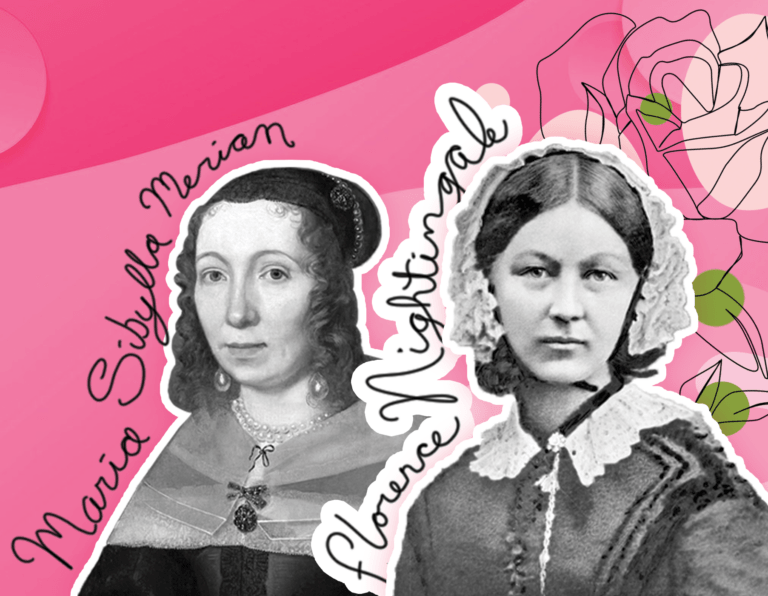
Through innovations in art, literature, science, medicine, and more, women have shaped who we are today.
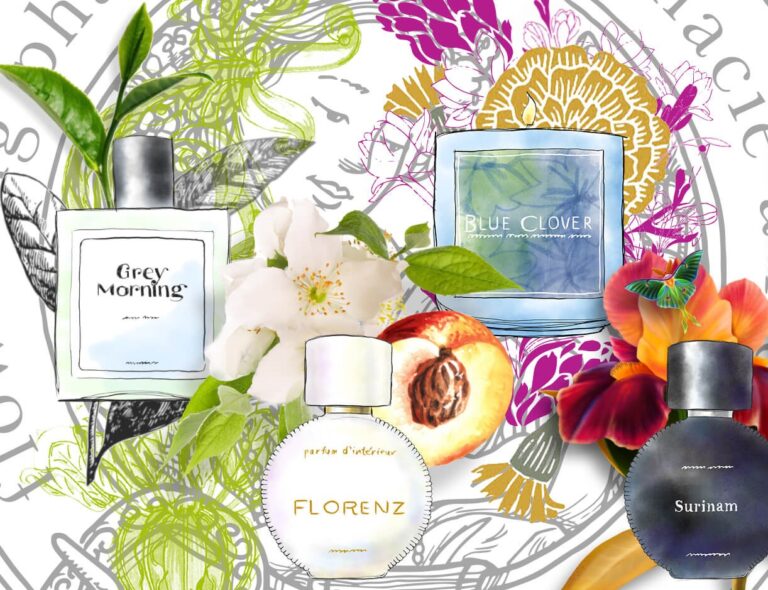
We’re inspired by the fearless female farmers working to pave a way for themselves and future women in agriculture.




